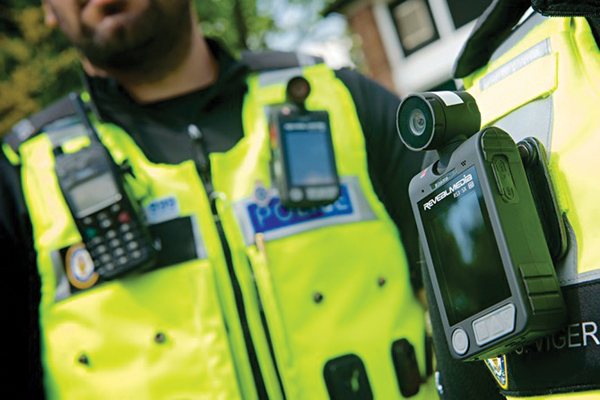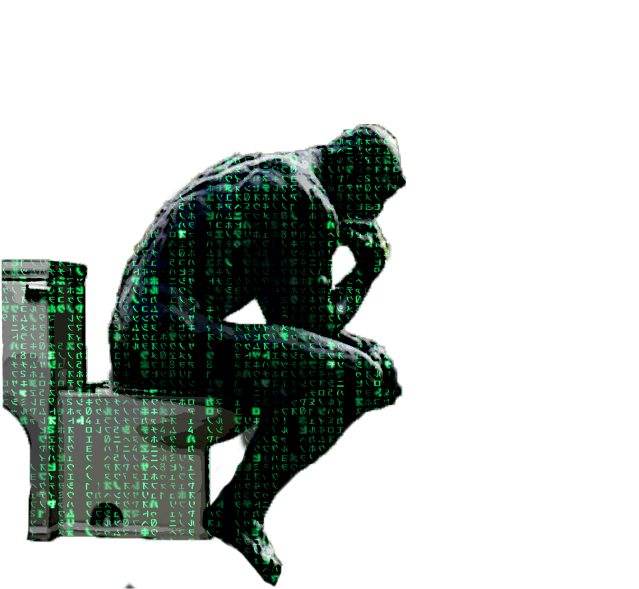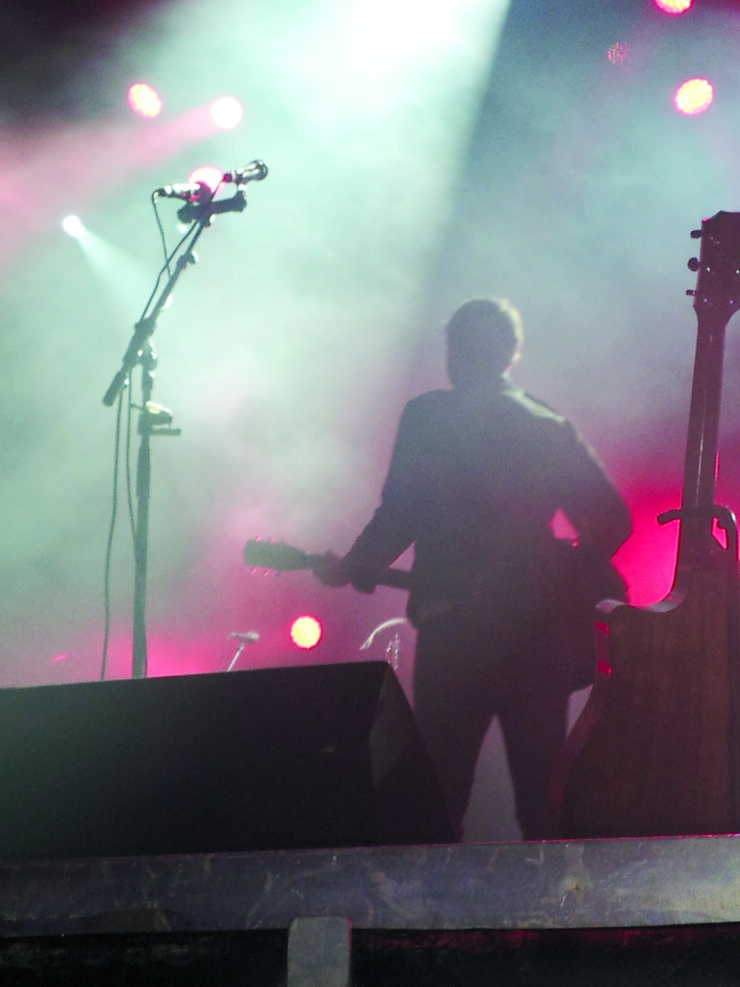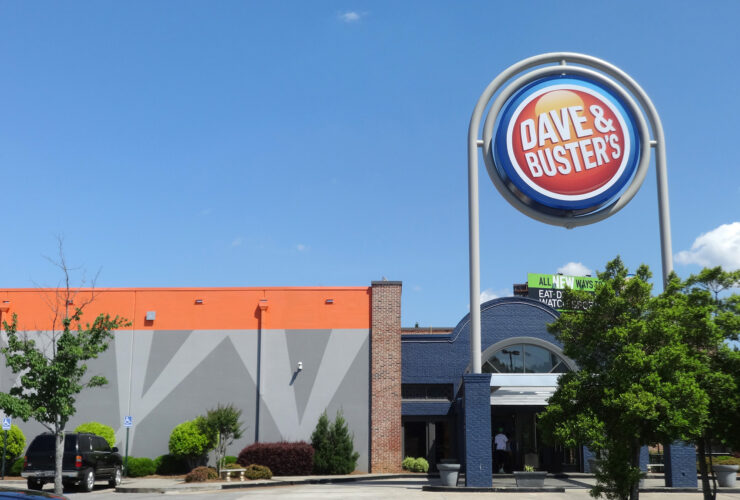Desire for more transparency trumps privacy concerns
Photo:West Midlands Police , CC
Outfitting police officers with body cameras has the potential to drastically increase transparency and accountability in police departments everywhere. While this technology might raise concerns about the invasion of privacy, it’s a small price to pay to ensure both suspects and police officers are objectively judged by an unbiased third party.
Often, a violent confrontation between a police officer and a suspect leads to conflicting reports from both civilian eyewitnesses and the officer(s) involved. This has been made evident by a variety of recent news stories that highlight the growing problem of police brutality. The most high profile of these incidents is, of course, the death of Michael Brown, an unarmed black teenager who was shot and killed by a white police officer in Ferguson, Mo. this summer. Since the encounter was not captured on video, eyewitness accounts differ on exactly what led to the shooting.
Outside of protecting civilians, body cameras also hold benefits for police officers themselves, since these devices can shield them from wrongful prosecution. This has recently been demonstrated by an incident in Albuquerque, N.M., where a police officer’s lapel camera recorded the arrest of a woman who was driving drunk. After the 23-year-old failed her sobriety test, the camera recorded a moment when she tried to get out of trouble by accusing the arresting officer of sexual assault. But thanks to the camera footage, the officer was cleared from any wrongdoing and the department was spared the burden of a costly sexual assault suit.
It will only be matter of time before this technology becomes ubiquitous throughout the country. Police body cameras are now being tested in most major Canadian cities, including Vancouver, Calgary, Edmonton, Montreal, Toronto, and even Ottawa. And why wouldn’t we implement these pilot projects? According to a report from the Wall Street Journal, the city of Rialto, Calif. has had great success equipping its entire police force with body cameras. After a year, the use of force by police officers declined by 60 per cent and complaints against officers by the general public declined by a staggering 88 per cent.
These statistics suggest that the positive effects of body cameras transcend beyond simply providing better evidence and testimony; it appears it can also have a psychological impact that will force both officers and suspects to be more conscious of their actions. Since both parties are aware that they’re being recorded, they will modify their behaviour in a more honest and forthcoming fashion.
Despite the reservations some may have about the potential invasion of our privacy, this new technology will not only protect officers and the citizens from physical harm and unwarranted prosecution, but it also has the potential to restore the public’s dwindling confidence and trust in the police.





